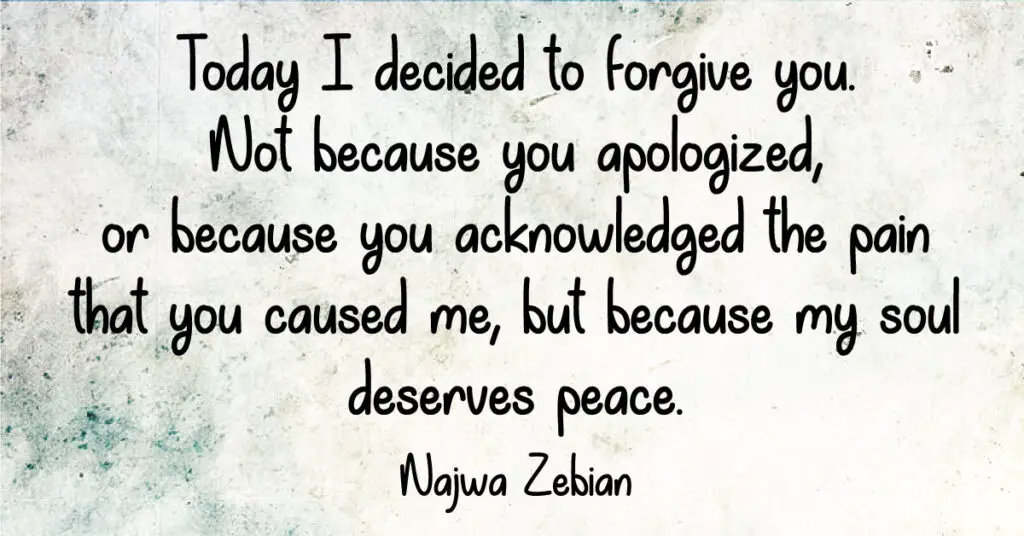Covert abuse, a psychological or emotional type of abuse, is a subtle yet damaging form of manipulation. It’s often cloaked behind an abuser’s false empathy and charm, making it difficult for victims to identify. The abuser may present themselves as your biggest supporter while simultaneously belittling and shaming you, using mind games to make you question your own perception of reality.
The abuser’s tactics are hidden, creating confusion about the nature of their actions. Often, they will portray themselves as the victim, a classic move of a narcissist. The goal is to sow self-doubt in you, leading you to believe their version of events and their characterizations of you and themselves.
Covert abuse isn’t limited to romantic relationships or parent-child dynamics. It can occur between friends, from children towards parents, and between employers and employees. If these patterns sound familiar, you may be in a covertly abusive relationship. Recognizing this abusive behavior is the first step towards getting help and healing.
This form of abuse also goes by several other names:
- Ambient abuse
- Stealth abuse
- Hidden abuse
- Passive-aggressive abuse
Each term highlights different aspects of the insidious nature of covert abuse, emphasizing its surreptitious, camouflaged, and often indirect methods of control and harm.
Covert abuse can be challenging to identify due to its subtle and manipulative nature. However, recognizing the signs is crucial in protecting oneself and seeking help.
Here are 14 signs of covert abuse that one should never ignore:
Gaslighting
The abuser may make you question your reality and sanity by denying their abusive behavior or blaming you for it. They often employ a technique known as gaslighting, where they manipulate you into questioning your own perceptions and experiences.
They may deny their abusive actions or even shift the blame onto you, leading you to doubt your own reality and sanity. This insidious form of psychological manipulation can cause considerable emotional distress and confusion, making it even more difficult for you to recognize the abuse.
Isolation
You may be gradually isolated from friends and family to increase dependency on the abuser. They may subtly discourage your interactions with friends and family, creating an environment where you become increasingly dependent on them for social and emotional support. This isolation not only reinforces the abuser’s power but also makes it much harder for you to seek help or escape the abusive situation.
Manipulation
The abuser uses various tactics to control and influence your decisions and actions. They may use guilt, intimidation, or even feigned helplessness to compel you to act in accordance with their desires. Over time, this manipulation can erode your autonomy and self-confidence, making you feel trapped and controlled in the relationship.
Narcissism
Covert abusers often exhibit traits associated with narcissism, including a grandiose sense of self-importance and a lack of empathy for others. They are typically preoccupied with their own needs and desires, showing little regard for the feelings or well-being of their victims. This lack of empathy enables them to manipulate and hurt others without experiencing guilt or remorse, further perpetuating the cycle of abuse.
Passive-aggression
The abuser may use indirect ways to express anger or resentment, making their behavior harder to identify and confront. Instead of direct aggression, they may use passive-aggressive tactics like subtle insults, silent treatment, or deliberate neglect. These indirect expressions of anger can be confusing and hurtful, causing victims to question their own perceptions and experiences.
Control
In a relationship with a covert abuser, you may experience a pervasive sense of control over multiple aspects of your life. Financial abuse could involve limiting your access to money or closely monitoring your spending habits.
Your social life might be manipulated by isolating you from friends and family, or dictating who you can interact with. Even personal choices, such as what you wear or eat, may be under their scrutiny, leaving you feeling trapped and powerless.
Emotional Neglect
They often exhibit a stark indifference or neglect towards the feelings and needs of their victims. This can manifest as dismissive behavior, where your emotions are belittled or ignored entirely.
They may also habitually prioritize their own desires, showing little to no regard for your personal needs. This consistent lack of empathy creates a damaging emotional environment where you may feel undervalued and invalidated.
Belittling
Covert abusers often employ tactics of constant criticism or belittlement in order to undermine their victim’s self-esteem. This could involve making negative remarks about your appearance, abilities, or character, often under the guise of ‘jokes’ or ‘constructive criticism’.
Over time, this relentless degradation can severely damage your self-perception and confidence, making you feel worthless and doubting your own worth. It’s a form of psychological abuse designed to make the victim reliant on the abuser for validation and approval.
Victim blaming
Victim blaming is a common tactic used by abusers to deflect responsibility and maintain control. They may insist that their abusive actions are a reaction to something you did or didn’t do, making you feel like it’s your fault.
This manipulative behavior can make you second-guess your own experiences and feelings, leading you to internalize the blame for the abuse. However, it’s essential to remember that the abuser’s actions are their choice, and you are not responsible for their abusive behavior.
Intimidation
Intimidation is a common tool used by abusers to establish dominance and control. This can take various forms, including threats of harm (either to you, your loved ones, or themselves), displays of violent behavior, or even subtle tactics like menacing glares or certain gestures.
The primary aim is to instill fear, making you feel constantly on edge and compliant to their demands. It’s important to remember that such behavior is not acceptable and constitutes emotional and psychological abuse.
Silent Treatment
This tactic involves ignoring you, refusing to communicate, or withholding affection to make you feel isolated and anxious. The goal is to manipulate and control you by making you feel guilty, desperate for their attention, or willing to concede to their demands just to end the silence. Remember, everyone deserves respect and open communication in a relationship, and this type of emotional manipulation is a form of abuse.
Jealousy and Possessiveness
The abuser may exhibit excessive jealousy or possessiveness as a means of control. They might constantly question where you have been, who you were with, or become overly upset when you spend time with others. They may even try to limit your contact with friends, family, or anyone they perceive as a threat.
While jealousy is a normal emotion to some extent, when it becomes extreme and leads to controlling behaviors, it can be a sign of abuse. Always remember, everyone has the right to maintain personal freedom and healthy relationships outside of their romantic partnership.
Invasion of Privacy
An abuser may frequently invade your privacy as a means of asserting control. This can take the form of going through your personal belongings without permission, reading your emails or text messages, or even tracking your physical location. They may disregard your personal boundaries, making you feel constantly watched and leaving you with no sense of personal space.
This is a clear violation of trust and personal freedom, and it’s a form of psychological abuse. It’s crucial to understand that everyone has the right to privacy and respect for their personal boundaries in any relationship.
Denial of Abuse
The abuser may deny their abusive behavior, further gaslighting you into doubting your experiences. This psychological manipulation aims to make you question your own memory, perception, or sanity. They may insist that incidents of abuse never happened, accuse you of overreacting, or suggest you’re imagining things.
The intention is to create confusion and self-doubt, making it harder for you to trust your own experiences and easier for the abuser to control you. It’s important to recognize this form of emotional abuse and seek support if you find yourself in such a situation.








